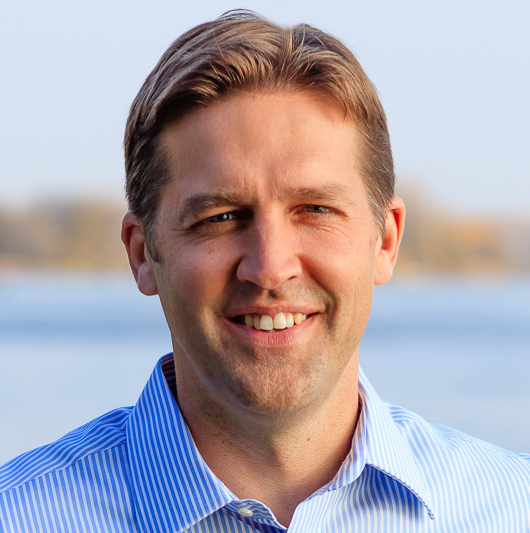The University of Florida’s pick for its next president, Nebraska Sen. Ben Sasse, faces a no-confidence vote by faculty leaders Thursday, just days before he was expecting to take the reins.
The university’s Board of Trustees is meeting next Tuesday to officially hire Sasse, a Republican who voted to impeach and convict former President Donald Trump but has otherwise voted along party lines. But The Faculty Senate of the University of Florida appears set to hold its no-confidence at an emergency meeting on Thursday, saying it is considering the well-being of students and faculty and staff as well as all the other responsibilities that come with leading a sprawling flagship research institution.
“The next President should come already equipped to lead an institution of this caliber rather than aiming to learn on the job,” the Faculty Senate’s no-confidence resolution says. “Anything less will result in a lack of faith in leadership.”
The Faculty Senate is also taking issue with the selection process. A new state law approved earlier this year shields college and university presidential searches from public records requests until the latter stages, WSUF reported. This process has “undermined the trust and confidence of the University of Florida Faculty Senate,” the organization said.
The university, meanwhile, intends to enforce a campus regulation that bars protests inside buildings to prevent students, faculty and others from rallying outside next week’s Board of Trustees meeting, The Gainesville Sun reported.
Sasse, who was the president of Midland University in Nebraska from 2010-2014, called the UF “the most important institution in the nation’s most economically dynamic state.”
“Washington partisanship isn’t going to solve these workforce challenges; new institutions and entrepreneurial communities are going to have to spearhead this work,” Sasse said earlier this month. “The single biggest challenge our nation faces is the radical disruption of work. Technology is changing everything about where, when, why, and how Americans work—and so it’s changing our homes, neighborhoods, and communities too.”
More from UB: How your future students’ needs are changing in 5 big ways








